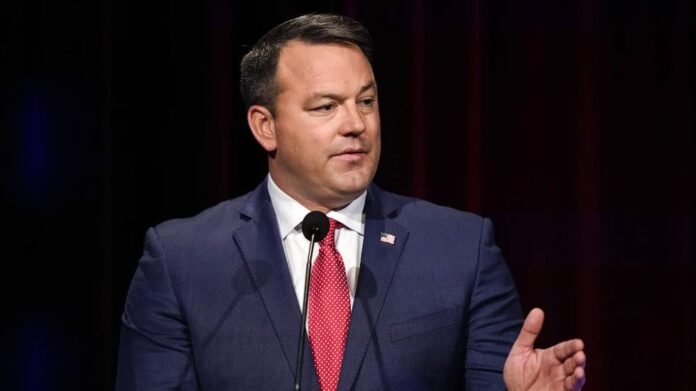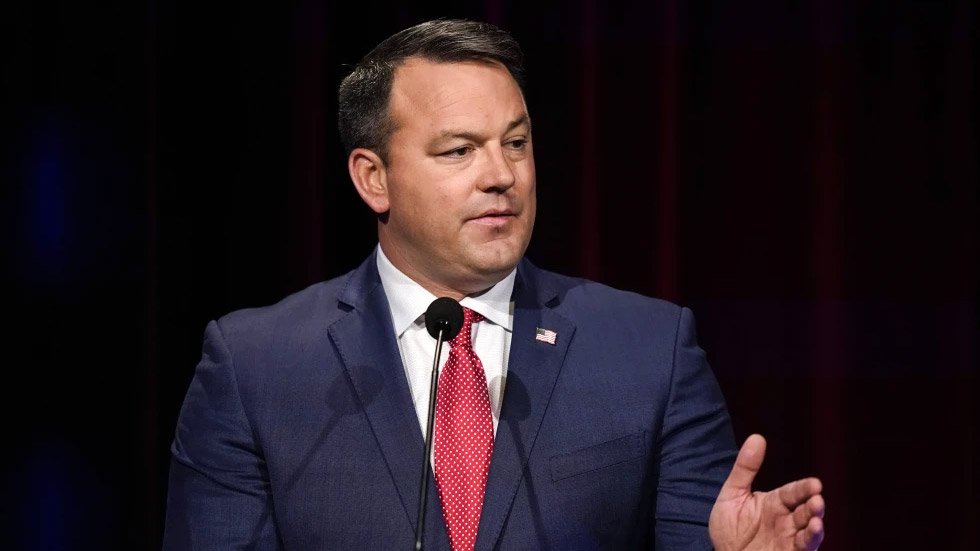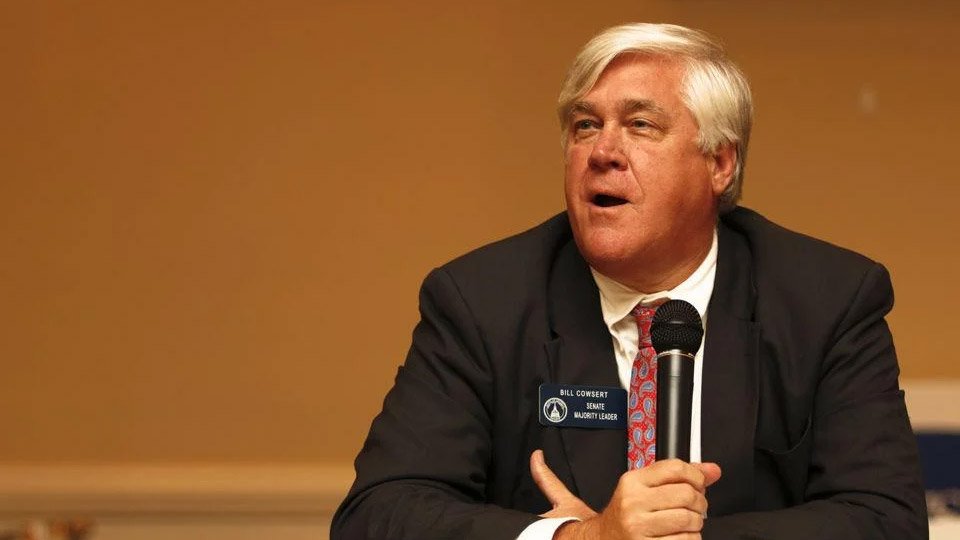A Georgia sports betting bill has been introduced to the Senate, which would legalize the activity without needing a constitutional amendment. The bipartisan bill, SB 386, is sponsored by 16 senators and several professional sports teams.
Sen. Clint Dixon’s bill, which has the support of Lt. Gov. Burt Jones, a Butts County Republican, and Senate Minority Leader Gloria Butler, treats sports gambling like a lottery game to bypass a constitutional amendment referendum that requires support from a two-thirds majority of the Legislature and approval from Georgia voters in November.
The bill is likely to be introduced at the next Senate Economic and Tourism Development Committee, chaired by GOP Sen. Brandon Beach, also one of the bill’s sponsors.
Under the bill, the state would issue 16 sports betting licenses that would be divided among Georgia professional sports teams, the owners or operators of a Georgia-based car racetrack, and professional golf tournaments or tours. The Georgia Lottery Corporation would own one license while also issuing the seven remaining licenses for $1 million annually. The state would charge a 15% tax on sports betting revenue.
During a press conference on Wednesday, Jones endorsed the idea of opening up Georgia to sports betting, as reported by the Georgia Recorder. Lobbyists for international betting company Entain, which co-owns sportsbook BetMGM, traveled to Atlanta last fall to pitch legislators on how to gain enough support to legalize retail and online sports betting and other types of sanctioned wagering.
Lt. Gov. Burt Jones
However, critics of sports betting have long cited the dangers of a gambling addiction that go well beyond the potential financial pitfalls. There are also doubts about whether avoiding a constitutional amendment will stand up to legal scrutiny.
Former Georgia Supreme Court Chief Justice Harold Melton wrote an opinion last year that legalizing sports betting in Georgia does not require a statewide ballot referendum if it is incorporated into the state’s lottery system.
For his part, Mike Griffin, a public affairs representative for the Georgia Baptist Mission Board, questioned why legislators endorsing Dixon’s bill want to prevent giving Georgia voters control over sports betting. Griffin said that the fact that a large number of people in Georgia already wager on sports illegally does not justify legalization.
Sen. Bill Cowsert
The bipartisan bill is the second to be introduced in the Senate this session. Sen. Bill Cowsert (R-46) recently introduced SB 172, which calls for the creation of the Georgia Sports Betting Commission to supervise sports betting that would raise money for scholarships, gambling addiction treatment, and other programs. Cowsert’s bill requires voters to approve a constitutional amendment.
Cowsert’s bill calls for the creation of two types of sports betting licenses. A type 1 license will allow a holder to offer online sports betting and partner with up to one online sports betting company for its services and will cost $100,000 in application fees and $1 million annually to hold. Meanwhile, type 2 licenses will allow for retail sports betting and will cost $10,000 in application fees and $100,000 annually to hold.
In total, the commission will have the power to authorize a minimum of six type 1 licenses to applicants, with no maximum amount of type 1 licenses being set in the state. Five to 10 type 2 licenses will be awarded by the commission. At least one of the type 1 licenses will be earmarked for the Georgia Lottery.
Furthermore, the piece of legislation sets a 25% tax rate on adjusted gross income for parlays, prop bets, and live bets. It also includes a 20% tax rate on adjusted gross income from all other wagers. Betting on collegiate sports would be allowed in the bill, yet collegiate prop bets would not be accepted.

The push for legal sports gambling gained momentum in 2020 when four Atlanta professional sports franchises formed an alliance advocating for sports betting in Georgia. Since May 2018, more than 30 states have legalized sports betting after the U.S. Supreme Court overturned a 1992 federal law banning commercial sports betting in most states.
In the last couple of years, Georgia’s legislative sessions have ended with failed attempts to legalize sports betting, horse racing, and casinos in combination or as standalone propositions as legislators were divided on everything from the ills of gambling addiction, to how revenue would be distributed, and what forms of gambling to permit.
Original article: https://www.yogonet.com/international/noticias/2024/01/26/70588-georgia-lawmakers-seek-to-legalize-sports-betting-without-the-need-for-constitutional-amendment
















